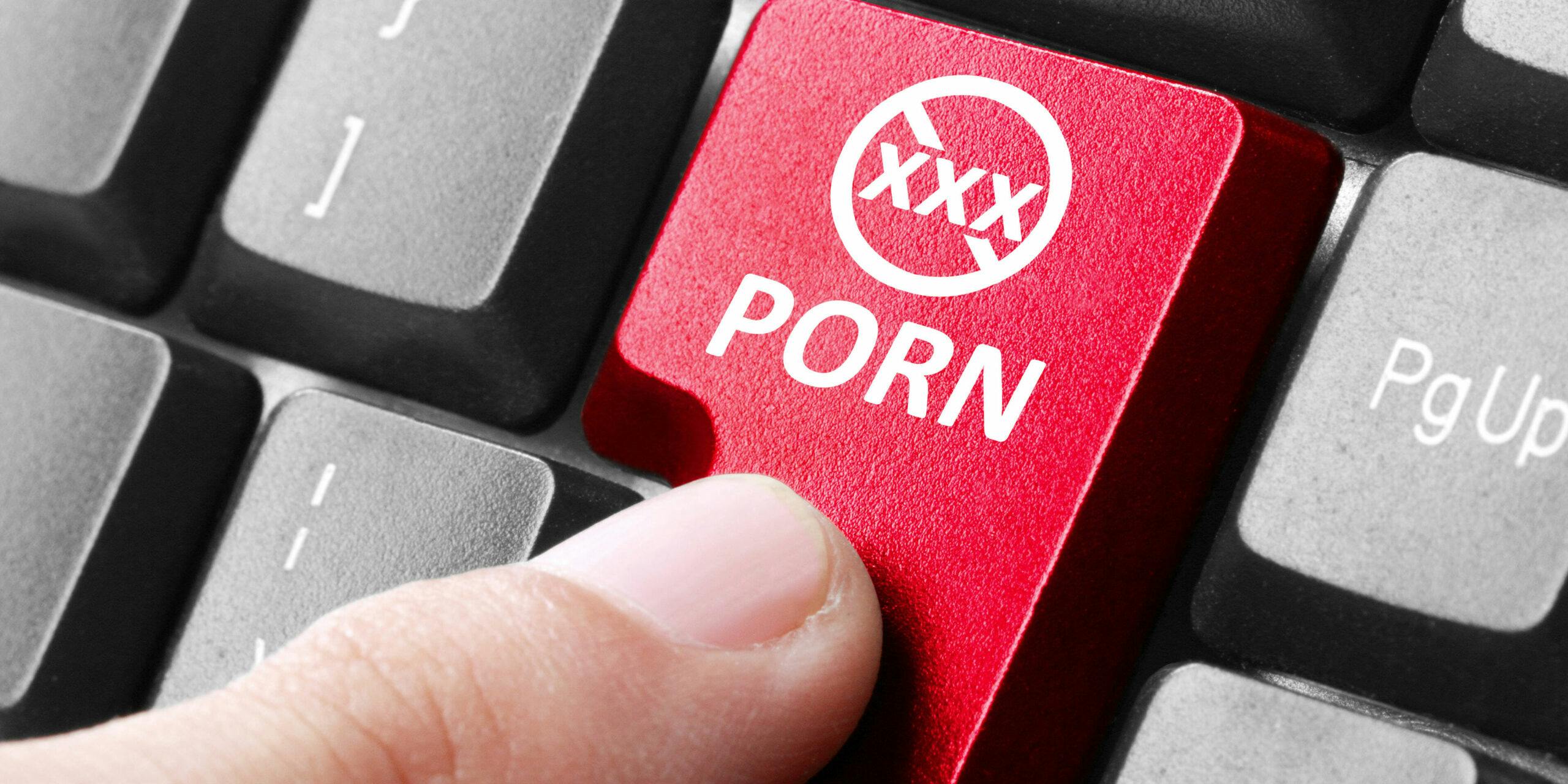Can’t access your favorite porn sites? You must have forgotten to pay the $20 fee.
Lawmakers in Rhode Island want its citizens to pay an entry charge to watch online porn. Proposed by two Democrats, Sen. Frank Ciccone and Sen. Hanna Gallo, the bill is an attempt to further regulate “sexual content or potentially offensive material.”
If the bill passes, internet-service providers (ISPs) would be forced to enable a “digital content blocking capability” that would target sexual content as defined under the state statute. That is, depictions and descriptions of intercourse, whether “normal or perverted, actual or simulated,” “sadomasochistic abuse,” and images of masturbation. Essentially, all pornography, even if it doesn’t violate any law, would be banned.
Additionally, illegal content, like child pornography and revenge porn would be blocked by default. The vague categories outlined in the bill also include “any hub that facilitates prostitution” and “websites that are known to facilitate human trafficking.”
Users would need to complete four steps to disable the porn blocker:
- File a written request for the blocker to be disabled.
- Present identification to verify they are over the age of 18.
- Acknowledge a written warning regarding the danger of deactivating the blocking capability.
- Pay a one-time $20 “digital access fee.” The money from the fee would go toward funding the operations of the Council on Human Trafficking, according to the bill.
If an ISP fails to block content after it’s been reported, an attorney general or individual consumers can file a lawsuit seeking damages of up to $500 per each piece of reported content.
You may be wondering if it’s even legal for ISPs to block lawful content. Under net neutrality rules, ISPs are required to treat all internet traffic equally. Now that those rules have been repealed, the porn-blocking bill has a path to becoming law. However, Rhode Island is among the states that sued the FCC for repealing net neutrality and wrote up its own laws preventing ISPs from throttling certain websites. Even if the bill could overcome those odds, it would go up against the First Amendment’s free speech protections.
There are still several crucial bits of information the bill leaves out. It doesn’t specify who decides what is considered sexual content or clarify how the lawmakers came up with a $20 fee. If the bill is in place to prevent human trafficking and child pornography, is a fee that reopens the gates to such content the right approach?
The bill is currently in the Senate Judiciary Committee, the Providence Journal reports.

